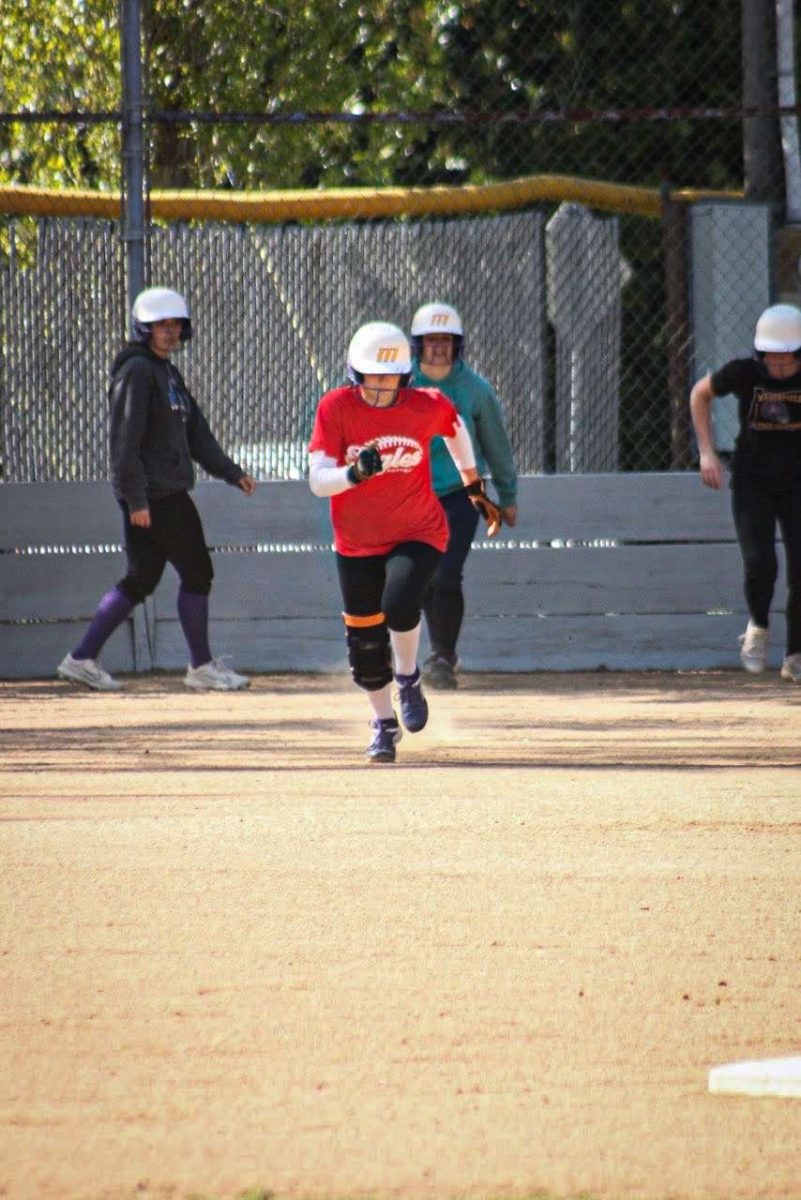By John Hampton & Spencer Hurbis | Collaborative Reporters
When one considers trends, a few topics may come to mind: fashion, music, marketing, business, etc. However, when one thinks about what is currently trending, they might not think about the fact that the word “trending” is the subject of a trend itself.
In popular culture, nouns are transformed into verbs on a regular basis. Searching for information on the internet has morphed into “Googling”; social networking is now “Facebooking.” These are but a few of the many nouns subject to the verbing trend.
English teacher Scott Peters has not given much thought to “verbing,” but believes people like to try new things with language.
“I think that people are always trying to be creative with language from generation to generation,” Peters said.
The trend of verbing words is likely as old as language itself. However, first records of the trend date back to the 1920s. At this time, Washington Irving’s “The Legend of Sleepy Hollow” was released and featured the Headless Horseman character. A popular trend in photography resembled the horseman, where two people are photographed in an attempt to resemble him. One subject gets in a position that looks as if they were beheaded while the other positions him or herself so that only their head can be seen. The first proceeds to grab ahold of the other’s head. This trend was dubbed horsemanning.
A new generation may be aware of horsemanning thanks to social media and the Internet. Many of the newly verbed words have become a phenomenon such as planking, owling, Tebowing, trolling and rickrolling, which have all been spread throughout the Internet. These specific verbed words involve posing in a specific way in a public place, may include a partner who takes photographs of the person in the specific pose and often become posted on Facebook and YouTube afterwards.
The trends are not unique to the English language, however. According to MHS Spanish teacher Floyd Montiel, verbing trends are also used in the Spanish language.
“They tend to be used to make common speech easier and quicker, the same reason they are used in English,” Montiel said.
Freshman Adryana Chavez agrees. She believes people may be verbing nouns to shorten their sentences.
Other students are not even aware that verbing is a trend.
“It’s new to me,” freshman Auden Quinones said.
Yet verbing may already be so ingrained in society, that some do not even recognize it as a trend.
For the time being however, verbing is entrenched in the culture. People will go about their lives skateboarding, parenting, friending, critiquing and verbing, whether they recognize that action stemmed from a noun, or know it is a trend or not.




















